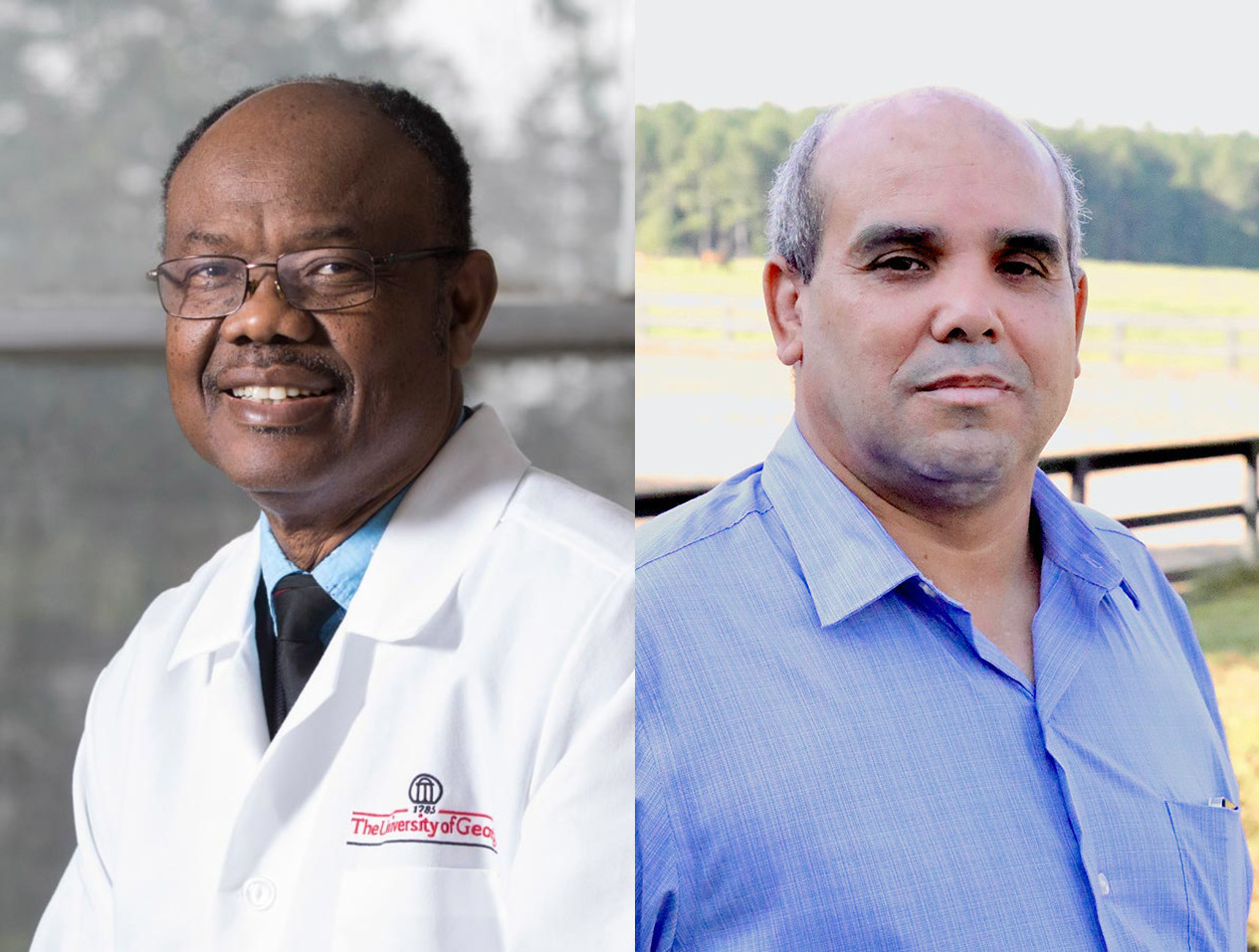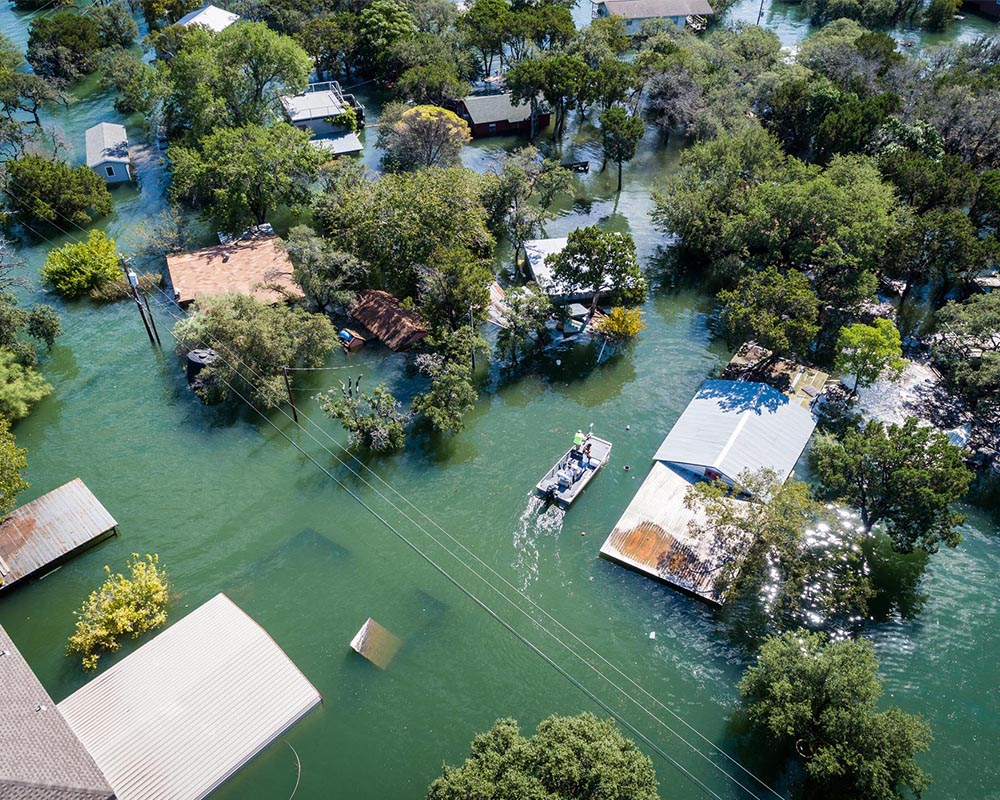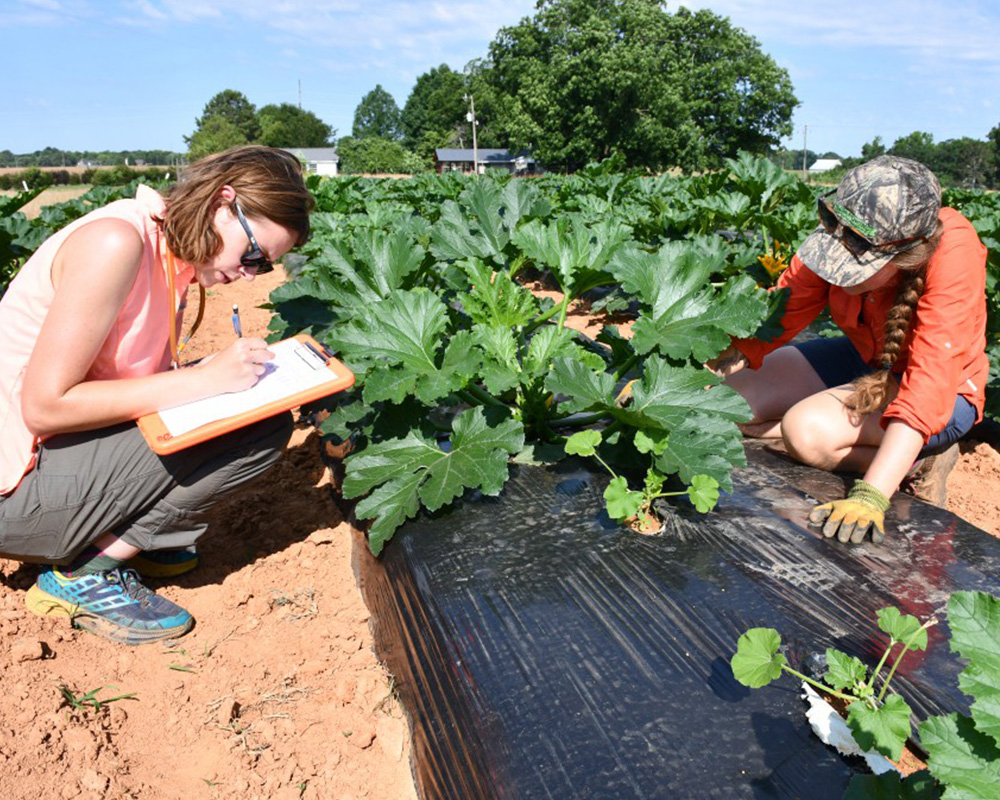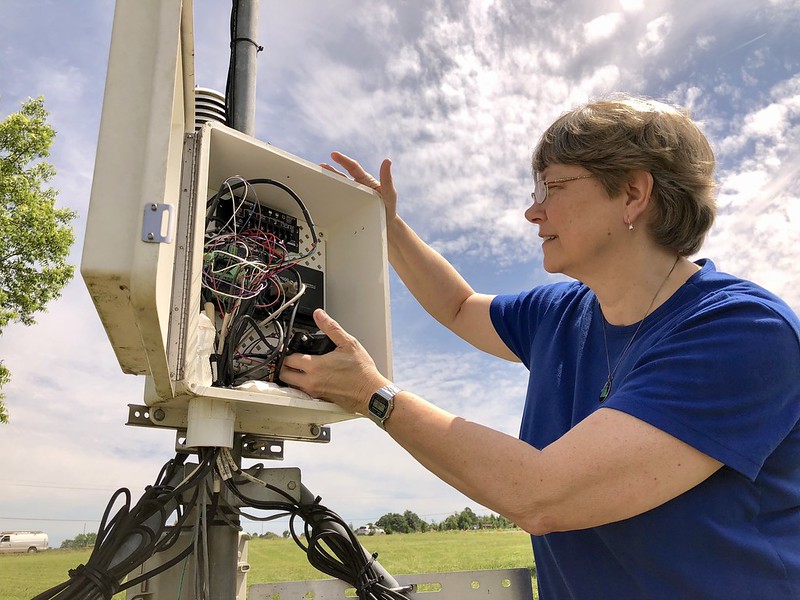 CAES News
CAES News
Climate Input
The authors of the Southeast chapter of the Fifth National Climate Assessment will hold virtual workshops in late January and early February and are inviting the public to share their thoughts on climate change-related issues.

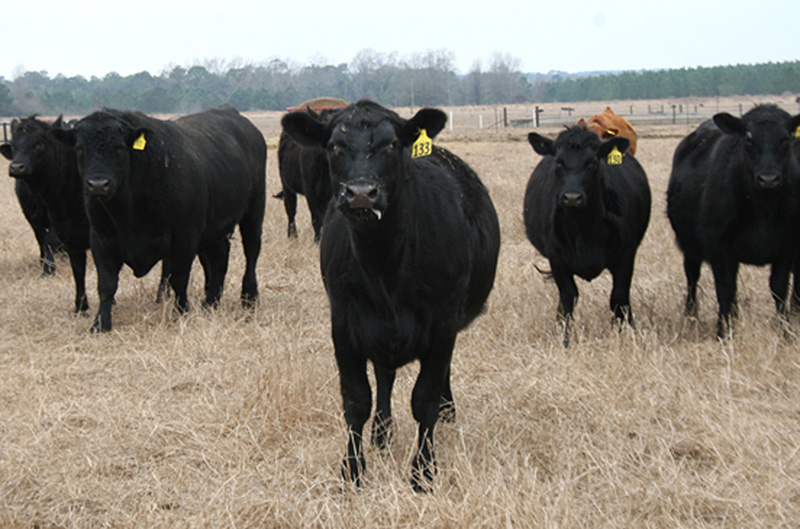
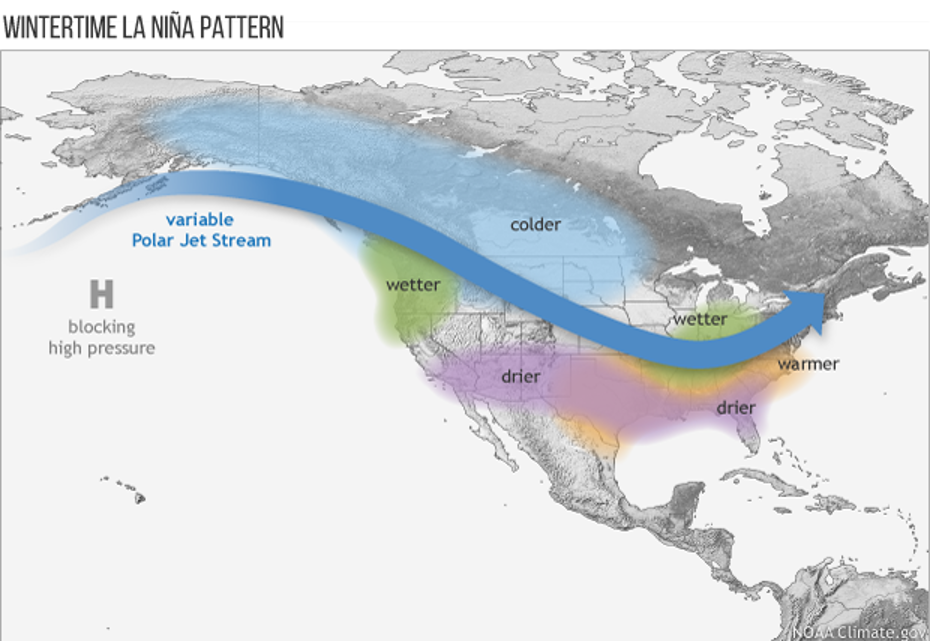
.jpg)
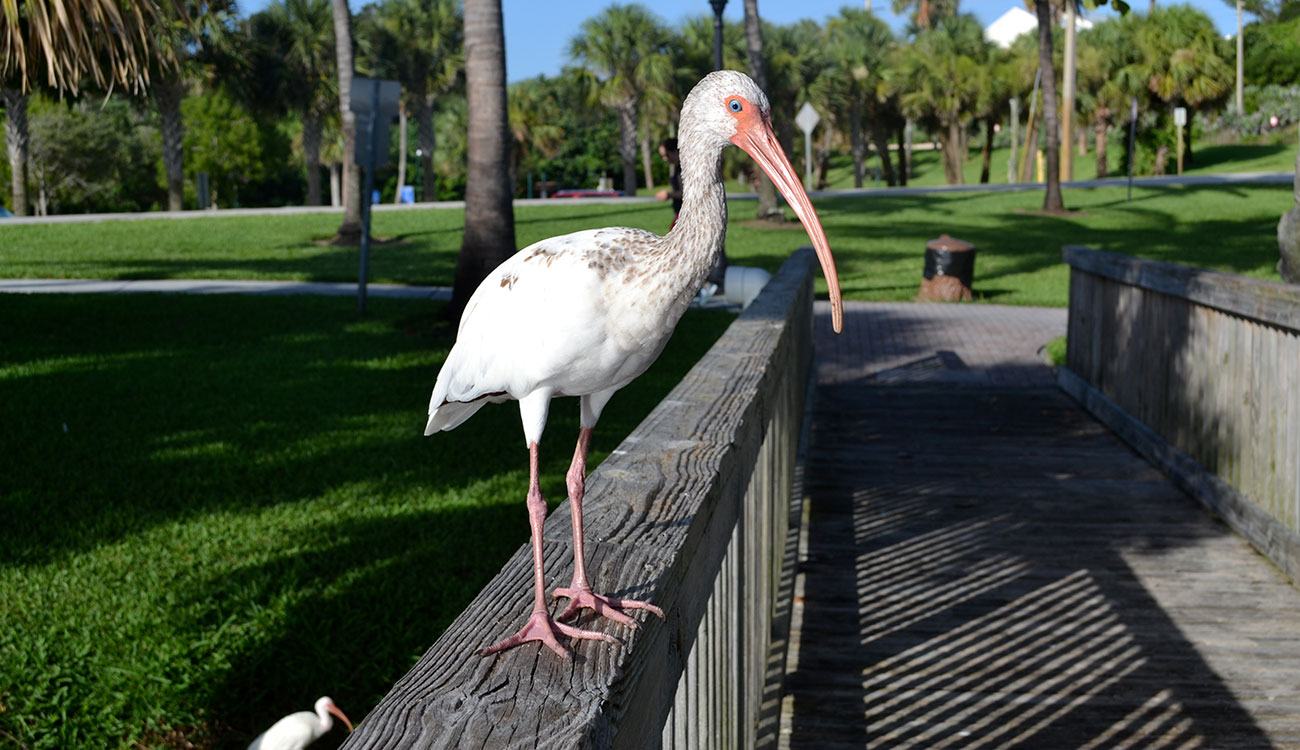
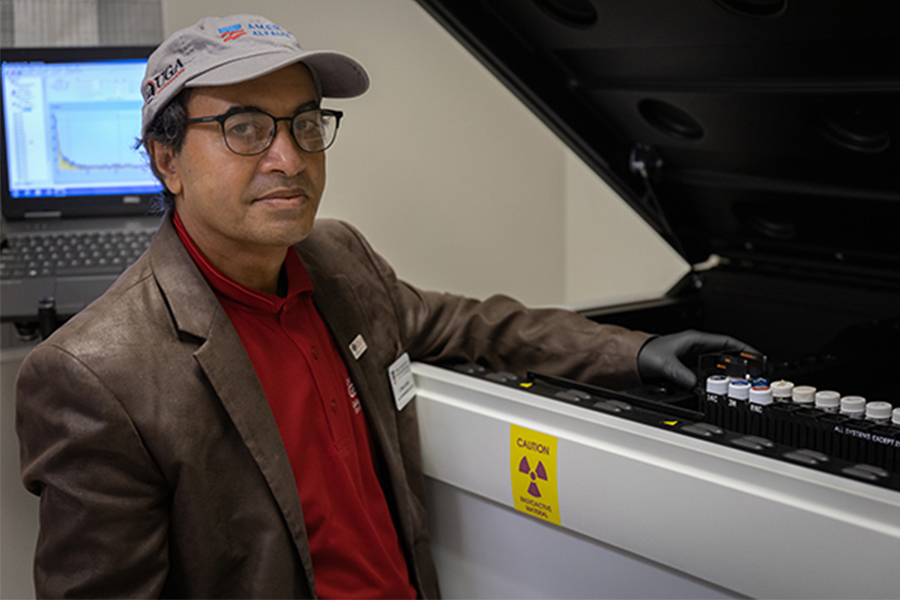
.jpg)
